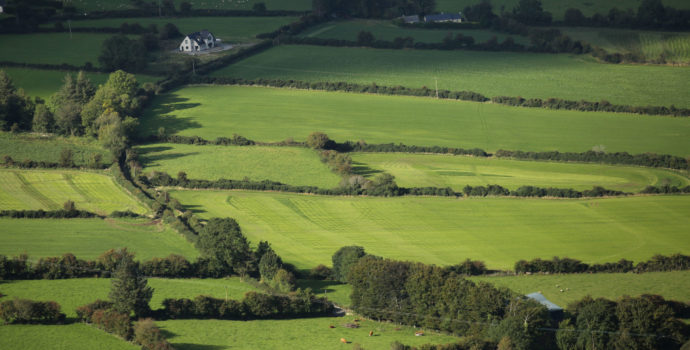Mitigation Measures Underway on Farms Will Deliver Results for the Environment

Reacting to the EPA Provisional Greenhouse Gas Inventory 1990 – 2020 briefing, IFA Environment Chairman Paul O’Brien said there’s a huge amount of work underway on farms to reduce emissions, which in time will be captured in the EPA data.
He said farmers are committed to playing their part in reducing emissions and have already made significant investments to improve efficiency and reduce emissions.
“Farming is uniquely placed to remove carbon from the atmosphere. By enhancing the management of our soils, hedgerows and forests, we can increase carbon storage. But many of our carbon stores, such as our hedgerows, are not being captured in the inventory. It is vital that these carbon stores are measured and farmers are supported to manage them to optimise the carbon sequestered,” he said.
“There is no silver bullet. We will need to continue the hard work and make significant investments over the next decades to increase efficiencies and meet the enormous emission reduction challenge. We need the Government to support farmers as we adopt new knowledge, practices and technology,” he said.
“Agriculture is committed to remaining one of the most efficient and low emission food producers in the world, and we must continue to adapt and adopt new technology and knowledge, to play our part in addressing climate change,” he said.
He said that there are significant opportunities for diversification in the agricultural sector that would support emission reductions that are being thwarted by Government policy.
This includes the onerous regulatory system for afforestation and management of farm scale forestry and the lack of a farm-scale renewable strategy. This must be addressed as a matter of urgency if we are to meet the targets.




